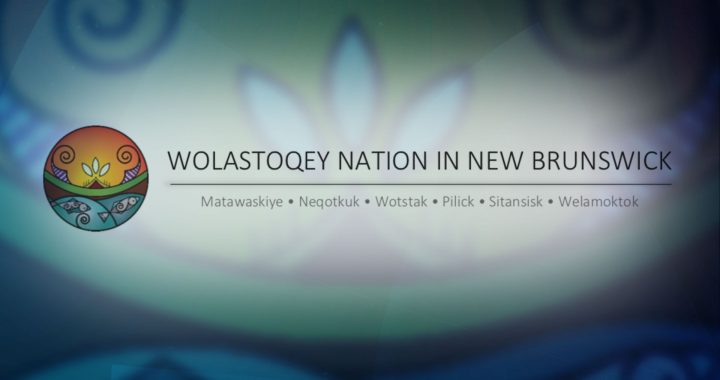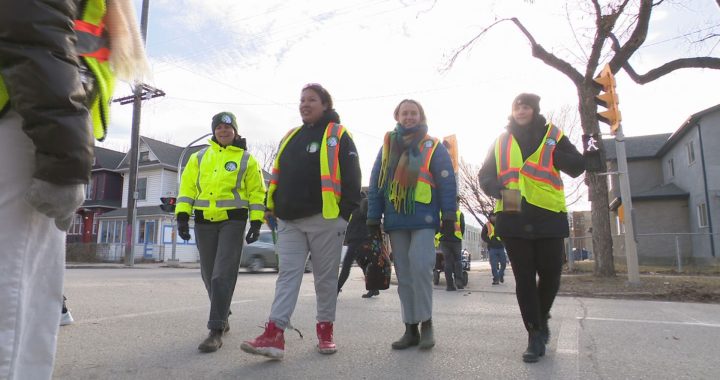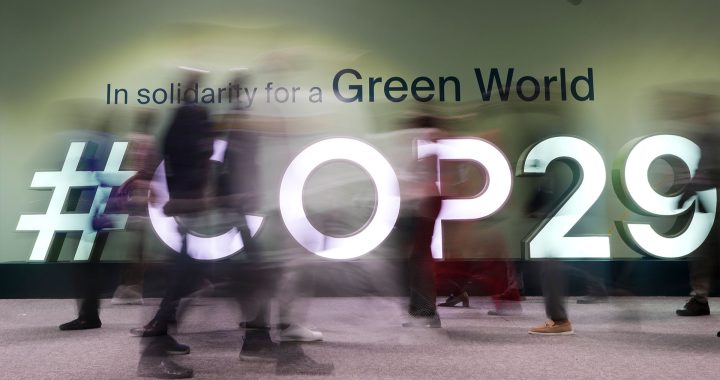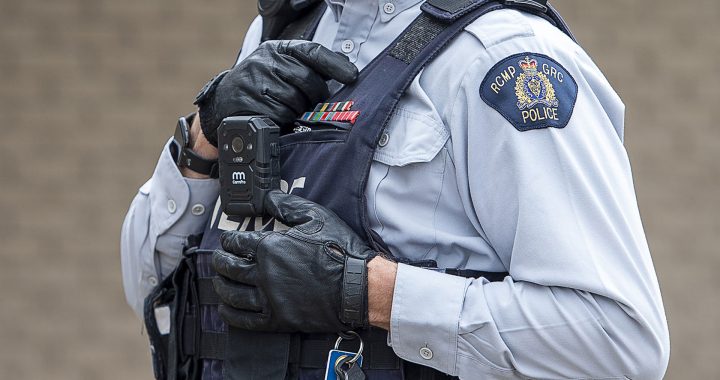The Assembly of First Nations agreed to conduct an investigative review of sexual orientation and gender-based discrimination within the organization, according to a resolution adopted by the chiefs-in-assembly on Wednesday.
Ontario Regional Chief RoseAnne Archibald told virtually-gathered leaders that the AFN needs nothing less than a full investigation to reckon with the issue, suggesting a #MeToo moment could be on the horizon.
“This is not about political games. This is about transforming this organization and making it safe for women. We’ve had many executive calls where those have not been safe spaces for women. I want to tell you – I’ve been subject to some of those things myself, and so have other regional chiefs,” she said.
“I want to call out the national chief on this. I want the national chief to be speaking to this right away, because I believe that it’s the national chief’s office that is the biggest resistance to this process.”
Archibald singled out National Chief Perry Bellegarde, who announced a day before the assembly that he won’t seek re-election when his term ends in July, along with the entire executive.
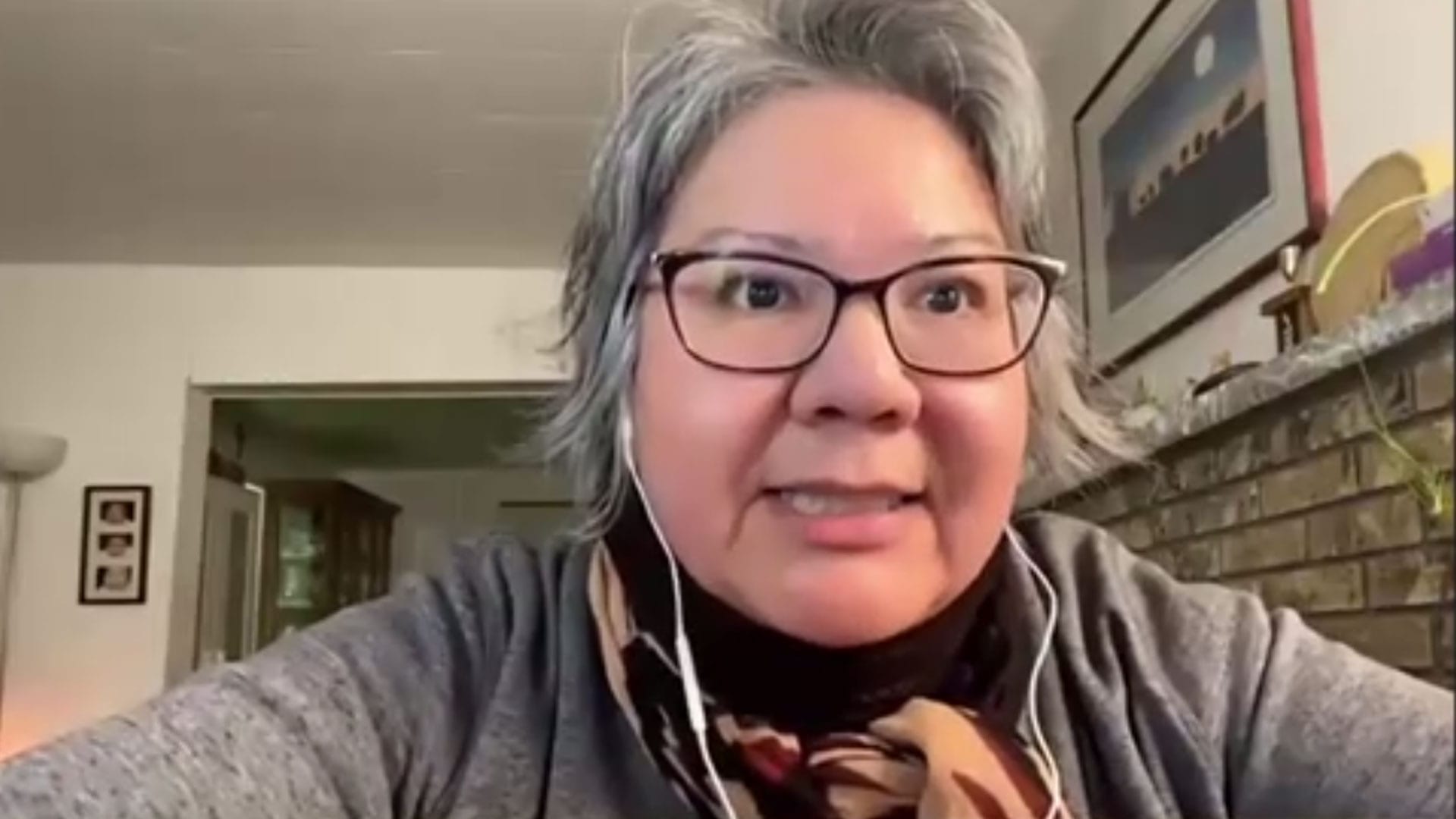
“We have problems within the Assembly of First Nations. We have problems, and I want to start to tell you about them. That women are not always respected, especially on the executive. We have had very difficult moments, especially on the executive,” she said.
“It’s about us doing this now rather than waiting for a buildup of many, many, many, many women coming forward at once. There are many women who have been negatively impacted by this organization, including regional chiefs. I want to be clear about that.”
Bellegarde immediately addressed Archibald’s allegation that he was trying obstruct the process, though he didn’t address her assertion that there are problems within the executive itself.
“I am in support of this resolution. I said that publicly, and I will ask the chiefs to support it,” he said. “I think there’s some issues about implementation of it. That’s what I’m hearing, and I’m listening to the chiefs that want to make sure that it can be implemented within the organizational structure of the AFN.”
The chiefs and leaders debated the draft resolution as the general assembly wrapped up Wednesday evening. The people who move and second these resolutions decide whether or not to approve amendments to them. The chiefs vote on whether to adopt them once discussion concludes.
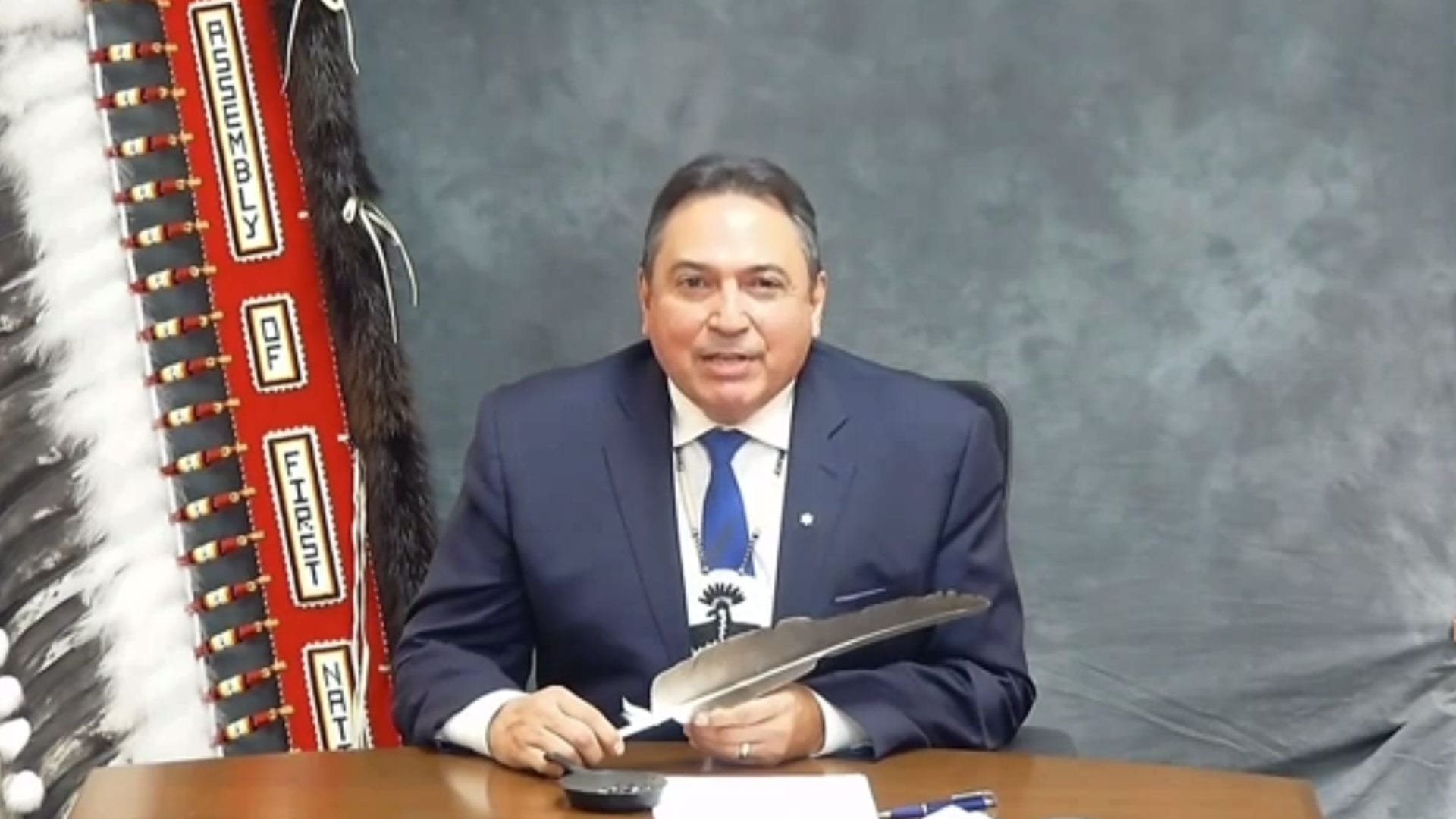
Bellegarde insisted multiple times that he supports the resolution and called on the chiefs to support it, though he asked for some changes to the resolution’s language.
“I would ask the mover and seconder, in a respectful way, if there could be some friendly amendments so that we can operate and move forward on this resolution as quickly as we can within the parameters we have here at the AFN,” said Bellegarde.
Khelsilem, spokesperson and elected councillor for the Squamish Nation in B.C., moved the resolution. Chief Doris Bill of Kwanlin Dün First Nation in the Yukon seconded.
“This resolution I am very proud to support and to move as a way to call on ourselves as leaders, to renew our commitment to ending discrimination towards gender-diverse folks, towards women and to people of various and multiple sexual orientations,” Khelsilem told the chiefs. “This is a resolution that is calling on us to show up in a specific way to allow for us to aspire to be our best.”
Read More:
Accusing Googoo: The chief, the charges, the next chapter
AFN suspends regional chief pending discrimination investigation
“We must lead with dignity. You can’t, on the one hand, say we honour and protect our women and children and on the other demonstrate the exact opposite. We need to look at how we communicate with others, and address our own traumas. If we want respect, understanding and empathy, we too need to give it,” added Bill.
“It’s a two-way street. We must examine our own behaviours and address our own issues. Every First Nation voice deserves to be heard, respected and treated with the utmost dignity. We must do better to support our women, 2SLGBTQQIA and youth voices.”
“It’s time.’’
The nine-point resolution calls for an “independent, fair, and impartial review” to end sexual orientation and gender-based discrimination, bullying, and all forms of violence including sexual violence and lateral violence with the advocacy organization.
It calls on the AFN tri-council of knowledge keepers, youth and women to each appoint an independent external expert. The three-person panel would then conduct an “investigative review” and present its interim findings in six months followed by a final report three months later.
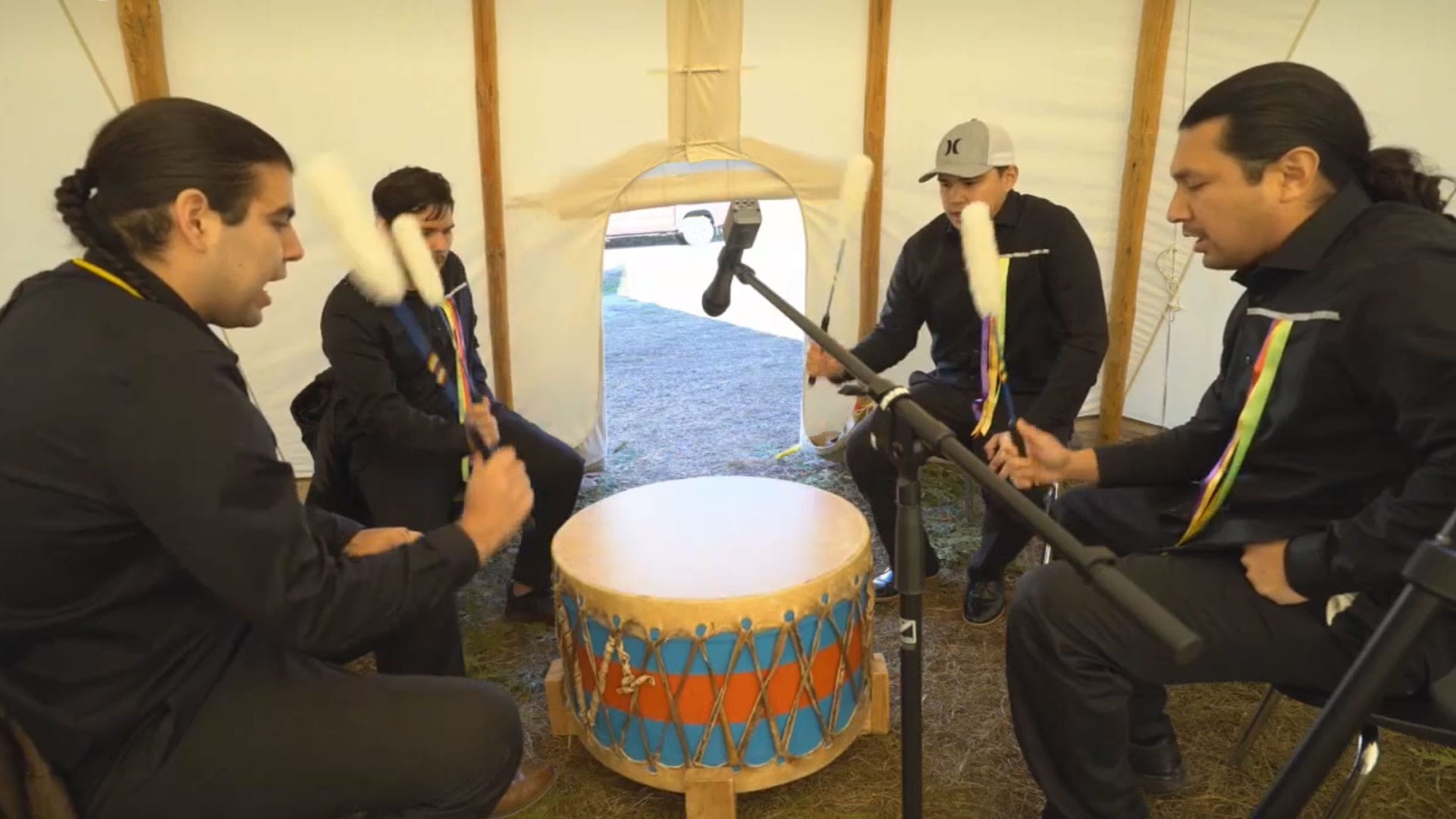
Some chiefs took hold of the phrase “investigative review” and tried to have it changed to either a “review of policies and practices” or “evaluative review.”
Bill and Khelsilem initially agreed to use the word “evaluative.”
But after hearing the forceful call to action from Archibald, they changed their minds.
“This resolution actually has to go ahead as it is. I ask the mover and seconder to keep it as an investigation because we need to shine a light on this,” said Archibald.
“I’m burning some sage here because I feel like there are forces, very dark forces moving against this resolution, which to me is a great light in these dark times.”
“I burnt my smudge as well, and the eagle feather is here. It’s to speak the truth, and that’s what I believe in. I’ll always go back to ceremony and our seven teachings,” answered Bellegarde.
Seventy-eight per cent of the chiefs voted to adopt the unamended resolution. Just under 17 per cent voted against it, while just over five per cent abstained.




